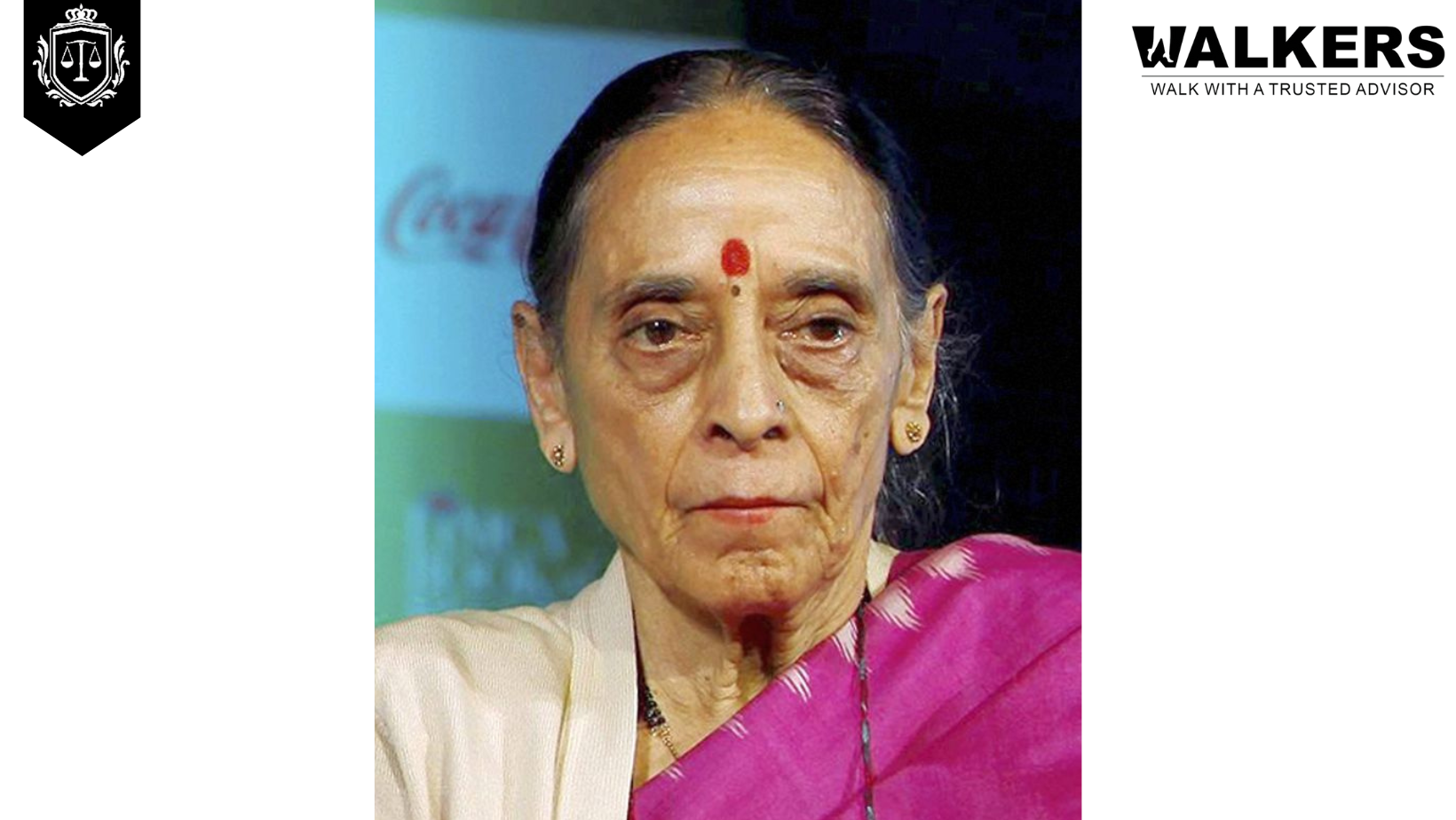


The Women of the Indian Judiciary series is a commemorative collection that honors former female judges of the Supreme Court and High Courts.
Within this series, the authors document the significant rulings made by these women judges during their tenures.
The inclusion of women in the judiciary surpasses mere token representation, as it involves the integration of gender perspectives and the equitable consideration of women's viewpoints to ensure comprehensive justice.
On August 5, 1991, Justice Leila Seth made history by becoming the first woman judge of the Delhi High Court. Born in October 1930 in Lucknow, she achieved a groundbreaking feat by attaining the top position in the London Bar exam of 1958. Her journey commenced in 1959 when she became an advocate, excelling within the realm of the Patna High Court. Her caseload encompassed a wide array of matters, ranging from intricate tax issues and civil disputes to corporate affairs, criminal trials, matrimonial disputes, and public interest cases.
She expanded her practice to the Supreme Court, handling complex cases involving tax disputes, constitutional matters, and civil and criminal appeals. Her exceptional legal acumen garnered recognition, leading to her selection as part of the panel of lawyers representing the West Bengal government in the Supreme Court from June 1974. Her esteemed status was formalized when she was appointed as a Senior Advocate by the Supreme Court on January 10, 1977.
Following her tenure as a judge of the Delhi High Court, she achieved another milestone by becoming the first woman Chief Justice of a High Court when she assumed leadership at the Himachal Pradesh High Court in 1992.
Following her retirement, Justice Seth was appointed in 1995 as a sole commissioner to investigate the custodial death of Rajan Pillai. Furthermore, she served as a member of the 15th Law Commission of India from 1997 to 2000. Her influence extended beyond the confines of the courtroom, as she played a pivotal role in bringing about significant legislative changes.
A staunch advocate for equality, she spearheaded efforts to amend the Hindu Succession Act, thereby ensuring equal inheritance rights for daughters in joint family property. In her judgment of Shakuntala Kumari v. Om Parkash Ghai, Justice Leila Seth established that a wife's act of threatening to commit suicide could be deemed as cruelty towards her husband. This same rationale was reaffirmed by another bench in the landmark case of NG Dastane v. S Dastane, where it was determined that a wife's threat to end her own life constituted cruelty towards her husband.
Justice Leila Seth played a pivotal role in the Justice JS Verma Committee, which was established by the UPA government in response to the 2012 Delhi rape case. The Committee proposed amendments aimed at strengthening criminal law to expedite trials and increase penalties for heinous sexual assaults against women.
The Committee dismissed chemical castration and the death penalty as viable solutions to rape due to the complexities of society. Instead, it expeditiously recommended life imprisonment for severe cases, submitting its recommendations on January 23, 2013.
Justice Seth's autobiography, entitled On Balance (2003), provides a detailed account of her personal and professional journey in the legal field, emphasizing her ability to successfully navigate the demands of her career while maintaining a fulfilling family life. In her subsequent work, We, The Children of India (2010), she demonstrates her unwavering commitment to education and its importance in shaping the future of the nation.
In her book Talking of Justice, published in 2014, Justice Seth delves into a wide range of significant issues that she encountered throughout her extensive fifty-year legal career. These include addressing violence against women, promoting the well-being of young girls, advocating for a consistent civil code, upholding women's rights, safeguarding prisoners' rights, fostering gender awareness within the judiciary, and enhancing the management of the judicial system, among other important subjects.
Justice Seth openly criticizes the Supreme Court's ruling in the Naz Foundation case, which overturned the landmark judgment of the Delhi High Court that had amended section 377 of the Indian Penal Code. She argues that the court's failure to comprehend the deep societal stigma associated with the criminalization of same-sex relationships reflects a lack of compassion for the suffering endured by individuals and their families.
One of Justice Seth's most significant contributions is her tireless advocacy for equal succession rights for Hindu daughters. Collaborating with the Law Commission, she championed amendments to the Hindu Succession Act, ensuring fair inheritance rights for daughters in ancestral property. Her passionate pursuit of women's inheritance rights underscores her unwavering dedication, driven by the recognition of the importance of women's financial empowerment within a patriarchal society. Her contributions have had a lasting impact, empowering women and showcasing her influential presence in both legal and humanitarian spheres.
Nabeela Siddiqui holds the position of Assistant Professor at VMLS, Chennai.
Amisha P Dash is a student at CHRIST (Deemed to be University).
TAGS: DELHI HIGH COURT WOMEN IN INDIAN JUDICIARY JUSTICE LEILA SETH JUSTICE SUPREME COURT